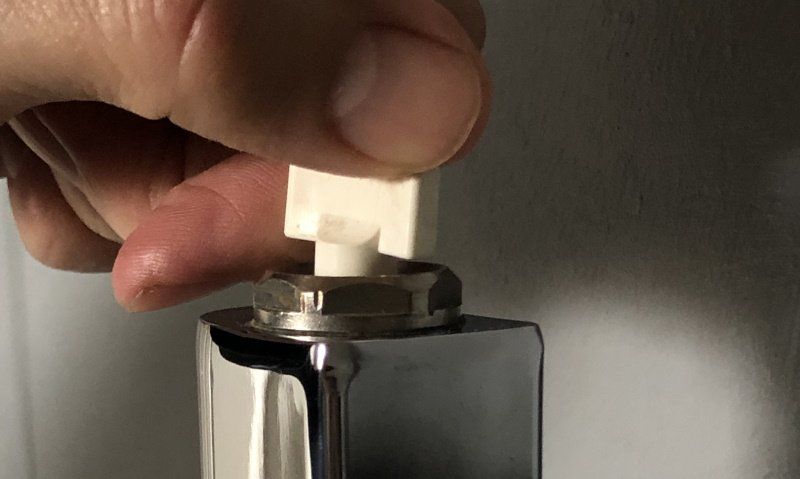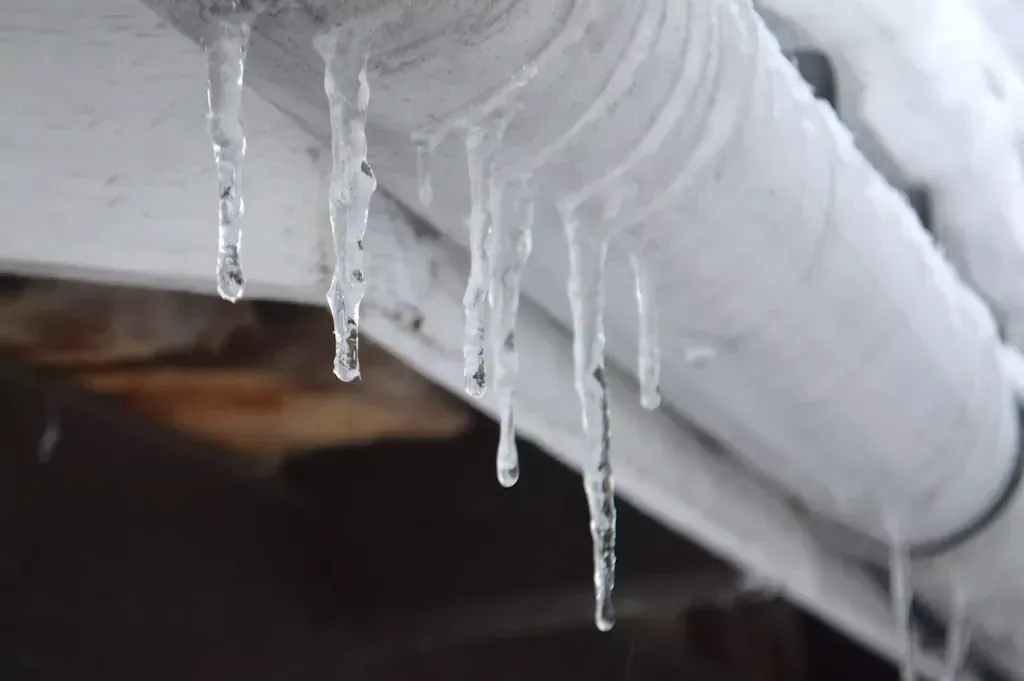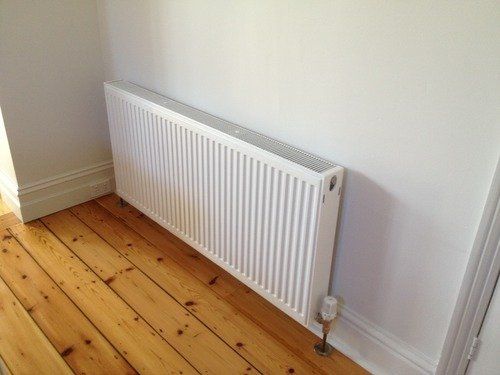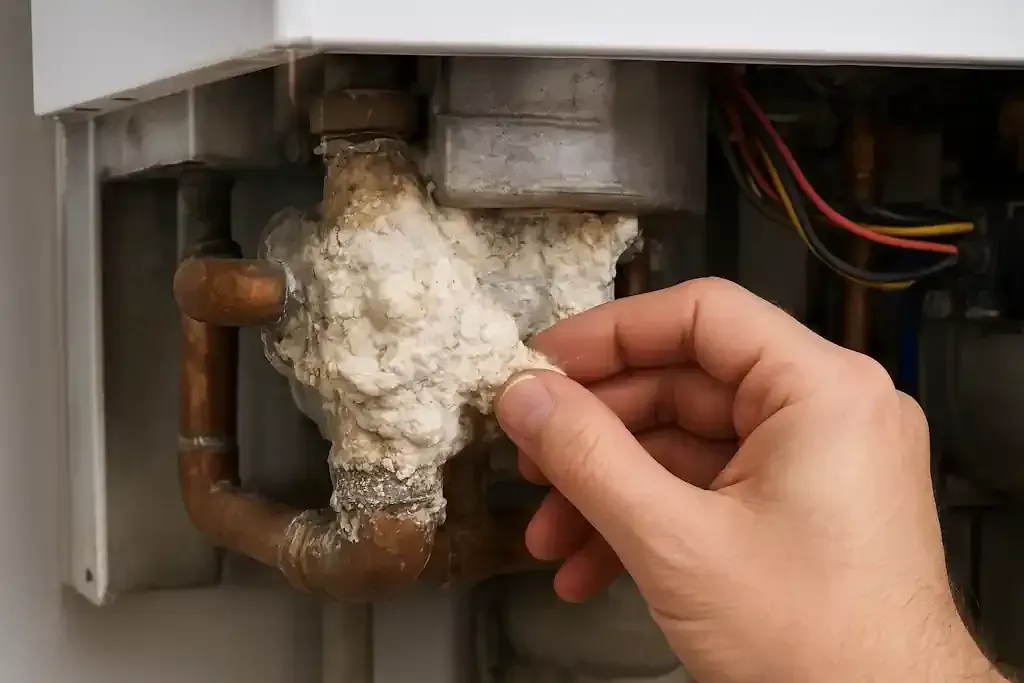How does air get into radiators?
What causes air in your radiators?
If you suffer from air in central heating system problems, there can be several reason causing this. Air can be caused by leaks in your heating system but may have entered the system during installation or otherwise could have gradually increased with the expansion and contraction of the system causing tiny air bubbles to be forced into the system.
Air entering the water heating system through leaks in the pipes can be the most troublesome cause of air in your radiators. These leaks can be caused by corrosion, damage to pipe joints, or a faulty radiator valve.
Why are my radiators full of air?
Most radiators will have a small amount of air in them, especially over time but even during the course of the heating system or radiator installation, some small bubbles of air may creep into the system. They can be created when your radiators are initially filled with water and a little air may remain in the system.
Where does the air come from in my radiators?
They can be caused by leaks in your heating system, boiler or radiator.
Also, a natural side effect of the heating and cooling of water is expansion and contraction of the metal elements involved in the central heating system such as the boiler itself, the heating pipes around your property or the radiators themselves including the metal valves that the water has to pass through to get around the system, of course.
This expansion and contraction can force tiny air bubbles into the heating system or radiators. These small bubbles rise to form larger pockets of trapped air which will displace the water at the top of your radiators, and since air doesn't conduct heat as well as water, you might notice these air pockets as cold areas at the top of your radiators. Due to the way air rises within the water, you may find that the radiators higher in your property suffer from the air in them the most.
What problems are caused by air in radiators?
A lot of air in a radiator can reduce the heat that the radiator can omit, and as a result, a lot of air in your radiator or overall central heating system will mean your home or business is not being heated as well as it should be, you may notice that even with the heating system on, your house is colder than it used to be when the central heating was first fitted.
Tiny bubbles do not cause any harm in the short term, however, you are still advised to remove them. Otherwise, you run the risk of the heating system oxidising over a longer period of time, this can lead to rust inside the central heating system which can create blockages in the central heating system, and also lead to further leaks or damage to the boiler.
If the air in your heating system is caused by leaks, then as well as the heating system reducing effectiveness, you may also have water leaking into your premises, either from the boiler itself, the radiator, from a valve or possibly even from a pipe, some of which may not be visible to you, as these may be embedded in your wall or floor of your property.
What are the symptoms of air in the central heating system?
You may notice over time that your radiators are not heating as well as they should, and particularly if the top of the radiator is colder than the bottom, then it’s likely you may have air in your radiators or air being passed through your central heating system.
Trapped air in your central heating system may also cause your radiators to make noises, like bubbling, gurgling and rattling. You may notice this particularly when the heating first turns on, but can happen at any time.
This may suggest that you need to bleed the radiators, and also look for the cause of the air entering your heating system.
Does air in my radiators cause low pressure?
If the air in your radiators was caused by a water leak and air creeping into the system as a result then the reduction of water in the system overall would be noticed as a reduction in pressure at the boiler pressure gauge.
Also if you bled your radiators recently to remove some air from the system, you may have also have lost some pressure. That's because, when you bleed a radiator, the air is released, which lowers the pressure in your overall central heating system and again this drop in pressure would be shown at the boiler gauge.
Air in the heating system does not cause a significant loss in pressure, however, as shown above, both the cause and effect of the air in the system definitely can.
Is air in a boiler dangerous?
Any sounds that indicate air in the central heating system and reaching the boiler, especially banging or whistling sounds should probably be looked at. They're likely to be caused by air or a build-up of material inside your central heating some of which you can take steps below to try and resolve. Usually, this is not a dangerous situation but if left unattended, your heating efficiency may be affected and could also lead to corrosion, and a build-up of this could cause an emergency boiler breakdown or expensive boiler repairs being required in future.
Central heating problems caused by air in the system
Air in the central heating system can cause a number of problems, including:
- noise, clanking or banging
- corrosion or rust
- lack of heating
- blockages
At the extreme and left untreated rust build up could clog up the central heating system leading to a failure of the boiler, or leaks to occur due to the pressure.
How do I get the air out of my radiator?
If you are wanting to try and resolve this yourself, then first turn off your heating, and ensure you have a valve key to loosen the valve at the top of your radiators. This is called “bleeding the radiators”. You can also ask your plumber to do this as part of your boiler servicing.

How to bleed your radiators.
Once the heating has been turned off, use your radiator valve key on the valve at the end of the radiator at the top, turn the key slightly to open the valve enough for the air to escape. It can be useful to have some tissue or cloth to hand as once the air is expelled some water may escape also, once this happens it’s a good indication that the air has been removed.
Note that most radiators will have the bleed valve at the top, or the side, but some heated towel rails may have the valve hidden from view, or in exceptional cases may not have one fitted, in which case you may need to consult your local plumber for help with this.
Tighten the valve again once the air has escaped, and then repeat this exercise for each radiator in your property, often you will find more air towards the top of the house or in the radiator(s) that are higher up due to the air rising to find the highest point.
Re-pressurise your boiler by adding more water into the system and then switch the boiler back on. You can also read a more detailed explanation of
how to bleed a radiator by clicking here.
Warning: Do not over-pressurise your heating system, and be sure to check the manual for the recommended setting.
Once you have run the heating for a while, you may need to repeat the process to find more air pockets.
Why does my radiator need bleeding every week?
If you find yourself constantly bleeding the radiators in your house and re-pressurising your boiler, then it might be a sign of a bigger problem. This is where Assett Plumbing can help you, call us to check your system for leaks and prevent an emergency plumbing situation.
Should I bleed all my radiators?
If you only have an issue with one single radiator, then you may be able to only bleed that one, however it's best practice to bleed all the radiators to remove all air from all the radiators.
What happens if I don't bleed the radiators?
If you don't bleed the radiators in your home or business heating system, it can lead to several potential issues:
- Uneven Heating: Air can get trapped inside the radiator, causing it to have cold spots and reducing its overall heating efficiency. As a result, the room may not be heated evenly, making some areas feel colder than others.
- Reduced Heating Efficiency: When air is trapped inside the radiator, it acts as an insulator, preventing the hot water from fully heating the radiator's surface. This reduces the heat output of the radiator and makes your heating system less efficient, potentially leading to higher energy bills.
- Boiler Overworking: If some radiators in your heating system are not working efficiently due to trapped air, your boiler may have to work harder to compensate for the heat loss. This can put unnecessary strain on the boiler, leading to increased wear and tear, and potentially causing it to break down more frequently.
- Noise and Gurgling Sounds: When air is trapped in the radiator, it can create gurgling or bubbling noises as the hot water tries to circulate around the air bubbles. This can be annoying and disruptive, especially if the radiators are in bedrooms or other quiet areas of the house.
- Corrosion and Rust: Trapped air can cause corrosion inside the radiator. The combination of air, water, and metal can lead to rusting, which can damage the radiator and reduce its lifespan.
- Increased Maintenance Costs: Over time, the inefficiency and strain on your heating system can lead to increased maintenance and repair costs.
How do I stop air in my radiators?
If you are having a new heating system fitted, a boiler replacement or a new radiator added then ensure the plumber does a power flush of the system to remove any corrosion and old or dirty water from the system. Once fitted, sealed and flushed all air should be released from the system at that point.
Finding air in the system weeks or months after fitting a new heating system being fitter should be investigated as this may indicate a leak in the heating system or within the boiler.
Prevention of air in your radiators.
If you have just moved into new premises be sure to keep an eye on the water pressure at the boiler pressure gauge, to make sure it retains the pressure, and if you see this dropping over time please call Assett Plumbing to investigate the cause and get it fixed before it leads to greater issues or heating system failure.
And for landlords, Assett Plumbing can do a full check of your heating system and issue a landlord gas safety certificate before you rent the property.
Call Assett Plumbing today for help or advice regarding air in your radiators or heating system. contact Keith on
01604 372395.



